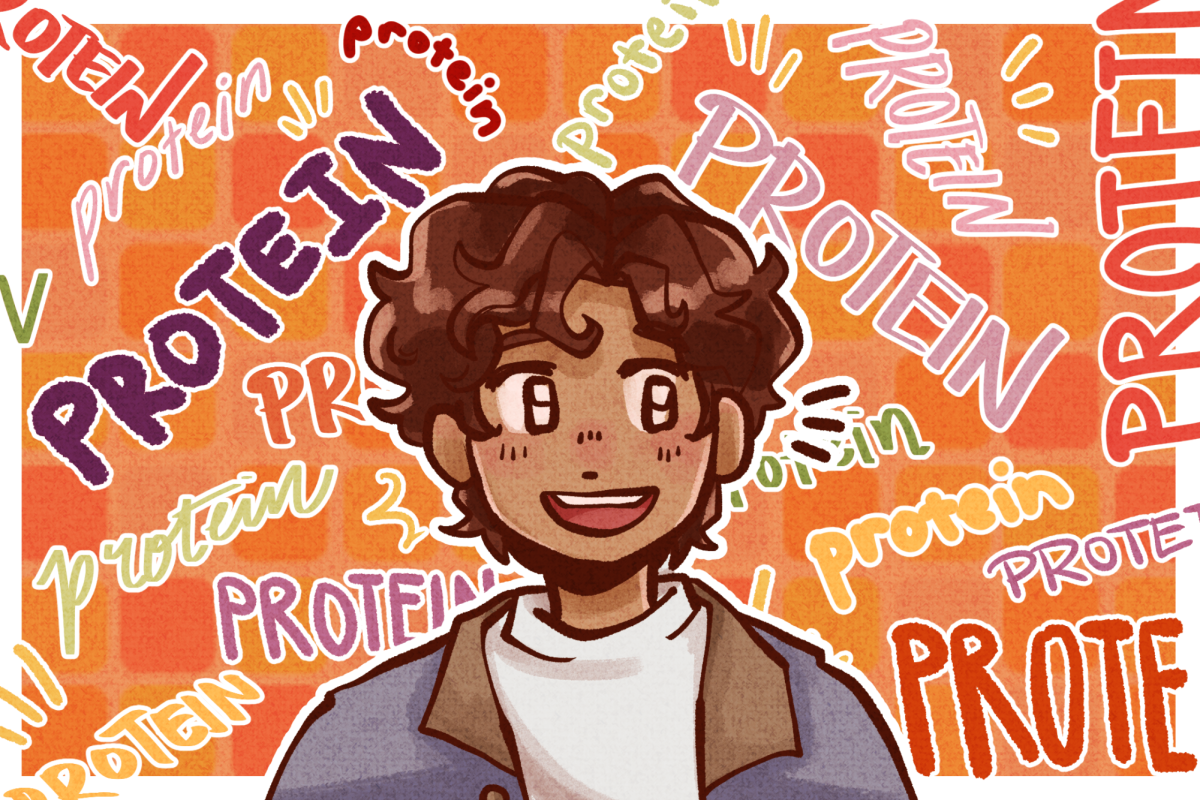*Trigger warning: This column discusses abuse.*
Nowadays, it’s rare to see mainstream artists put out a thoughtful body of work that tells a captivating narrative, or something thought-provoking that yields a curious listener wanting to delve into the mind of the artist.
Beyoncé said it herself: People don’t make albums anymore. She refers to the music industry’s tendency to reward redundancy and mediocrity with the overflow of “quick hits.” This subsequently results in burnt-out artists with no enthusiasm to work on meaningful music.
And that isn’t to say that people can’t create music for the sake of it being fun to listen to. But when the industry becomes oversaturated with underdeveloped singles, the artist surrenders their creative expression and their audience is left with a lackluster listening experience.
“Preacher’s Daughter” by Ethel Cain defies the ever-present and standardized inadequacies that crowd today’s music industry. The listener is provided with 75 minutes of rich storytelling, strong vocal performance and impressive production.
Get The Daily Illini in your inbox!
Hayden Silas Anhedönia — alias Ethel Cain — is the mastermind behind the album. Anhedönia created “Preacher’s Daughter” to tell the story of her grim upbringing and ensuing escape from intense tribulations.
Anhedönia alludes to the character Ethel Cain throughout the album, who is fabricated to personify her gritty life story. With moody motifs highlighting themes of dark southern Americana, the album serves to recount her experiences with religious trauma, along with the sexual and emotional abuse she endured.
The story follows Cain grappling with vigorously instilled religious values while simultaneously dealing with the loss of her abusive father in the pop anthem “American Teenager.”
It continues with Cain exploring a new relationship in the melancholy ballad “A House in Nebraska.” Here, she reminisces about a lost lover and how her fantasies of pursuing him fall short due to her own infliction.
The album progresses with Cain meeting new love interests and dealing with the abuse that entails in pursuit of them.
Cain’s songwriting describing these affairs is one of the more notably complex attributes in regard to the album. She consistently portrays her relationships with a somewhat alluring connotation — highlighting their thrilling features — when in reality, they are often toxic and even dangerous.
The listener is then left to challenge the reliability of Cain’s own narration, a concept that is not practiced by the average songwriter and deserves commendation.
“I forgive it all as it comes back to me” is a line that accentuates the closing themes of the album. “Preacher’s Daughter” concludes with the death and subsequent afterlife of Cain’s alias, as she reconciles with the trauma inflicted by those who had subjected her to relentless persecution.
The sheer complexity of her songwriting alone is reflective of Anhedönia’s deliberation and attentiveness to detail throughout the album. It’s clear that she strives to invoke thoughtfulness in her work, something that is often taken for granted in today’s album-making.
Meaningful album-making does more than further intrigue the listener, however.
In Anhedönia’s case, her experiences with religious trauma along with being a trans woman provide representation for her listeners. She intentionally weaves sentiments surrounding those hardships into her songwriting, which allows the audience to find solace in relatability.
Only so much can be said about “Preacher’s Daughter.” Now what’s left to do is listen.
And while the music industry neglects meaningful album-making from smaller artists, you can support those who go the extra mile.
Matthew is a junior in LAS.












